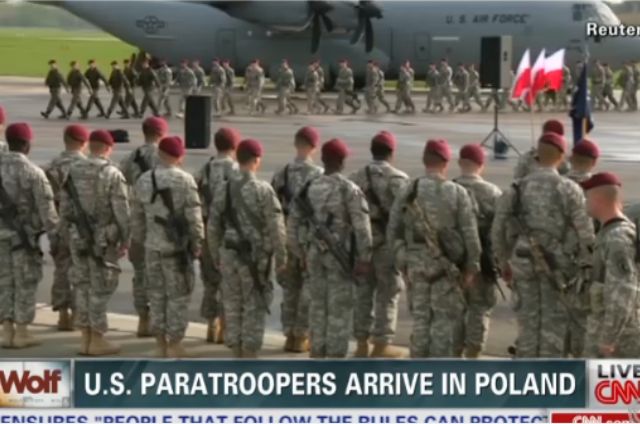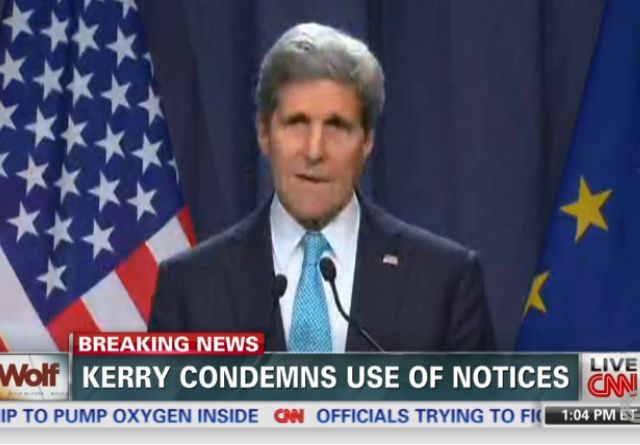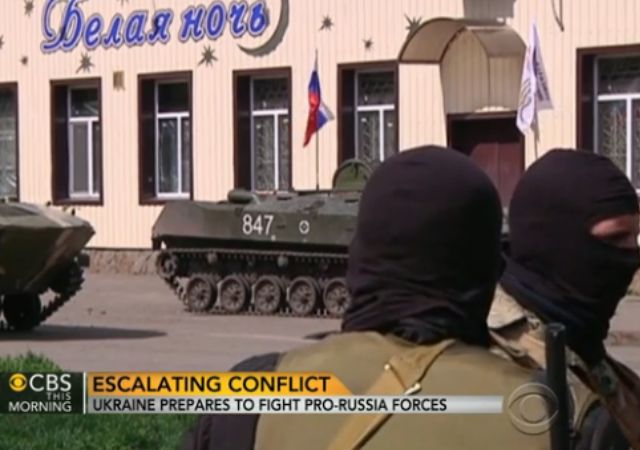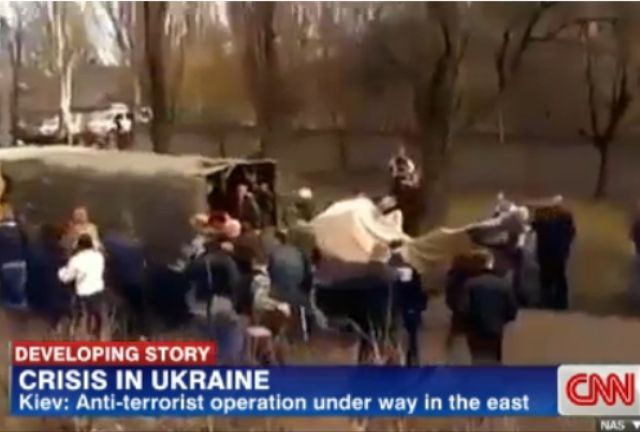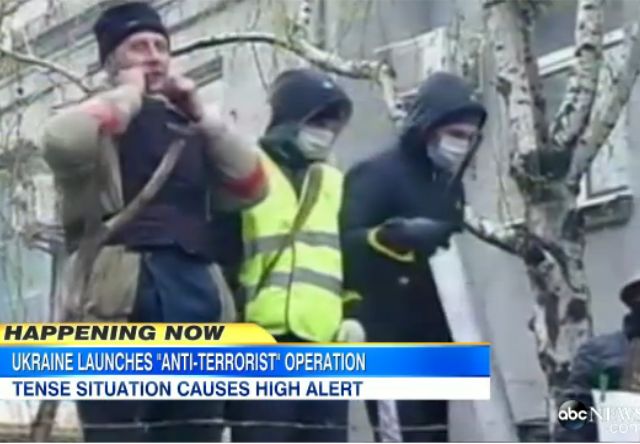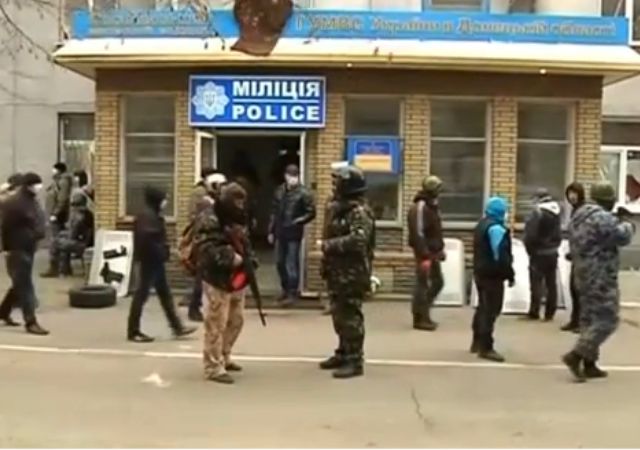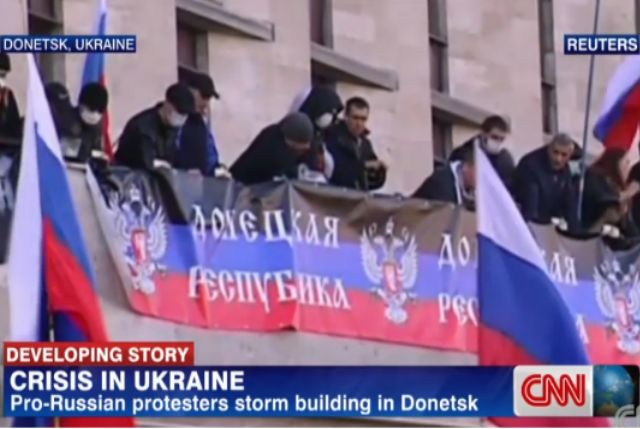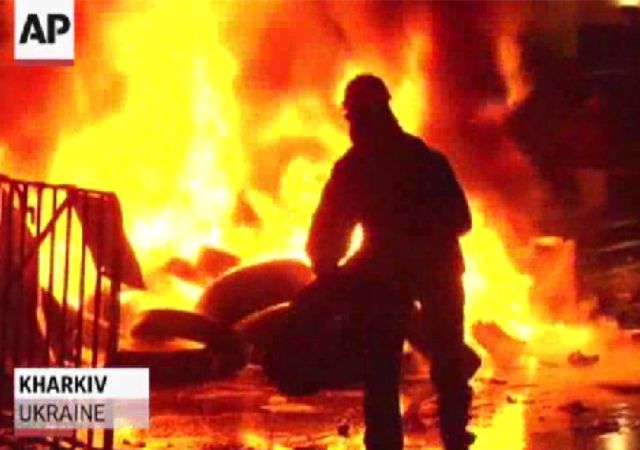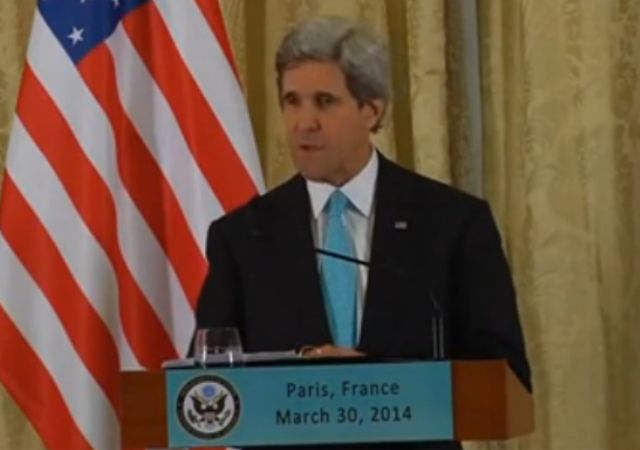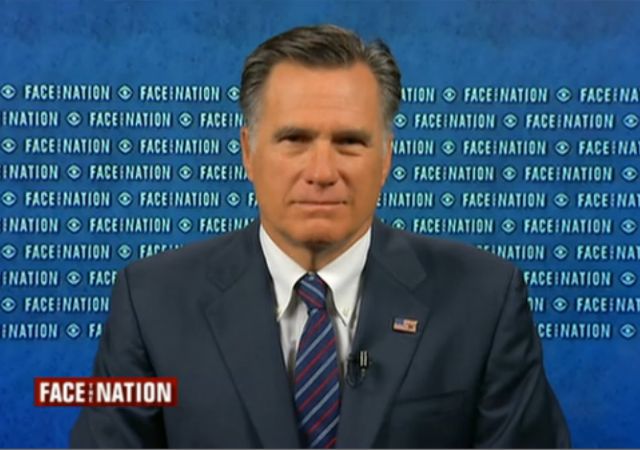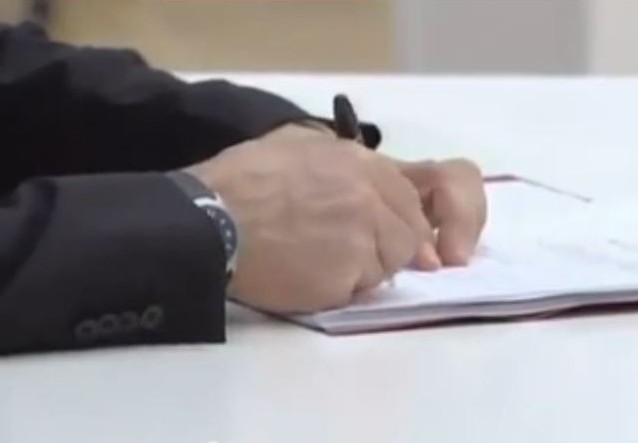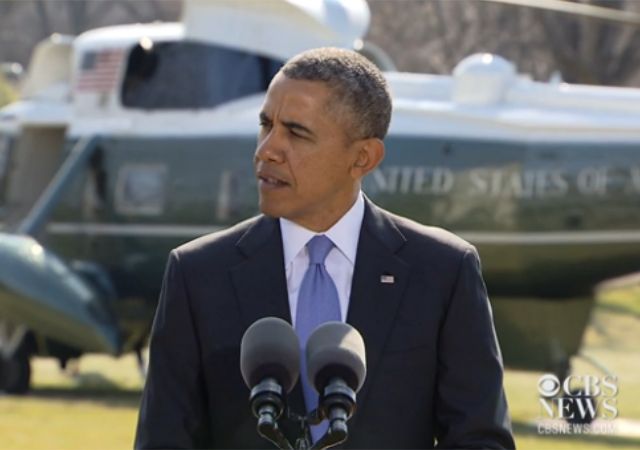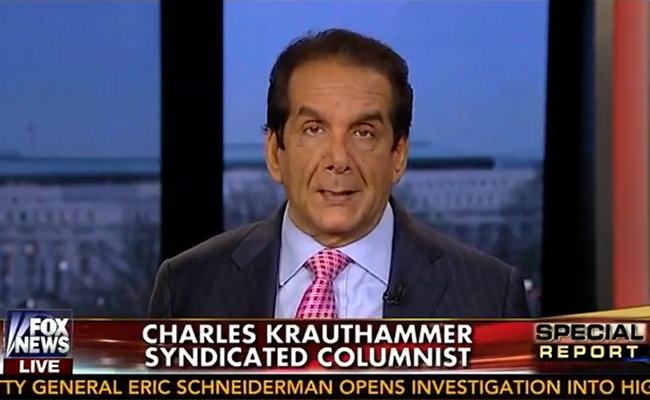U.S. troops arrive in Poland for exercises amid Ukraine crisis
on April 23, 2014
7 Comments
U.S. Army paratroopers began arriving in Poland on Wednesday for what will be a series of military exercises to occur in four countries across Eastern Europe as the crisis in Ukraine continues.
From CNN:
A contingent of U.S. Army paratroopers arrived in Poland on Wednesday, the first of what will be a "persistent presence" of U.S. troops as the crisis in nearby Ukraine continues to unfold. The company-sized contingent will conduct training exercises with Polish counterparts and is visiting at the request of Poland. The joint exercises are a symbol of force as the conflict in Ukraine between pro-government and pro-Russian factions continues unabated. The United States and Russia accuse each other of fomenting unrest in Ukraine. The U.S. troops stood in formation at an airfield next to Polish troops as military leaders from both countries addressed them, reiterating the alliance between their nations. "Poland has been there for the United States, and today, as the transatlantic community confronts Russia's unacceptable aggression against Poland's neighbor, Ukraine, a sovereign and independent state, we have a solemn obligation in the framework of NATO to reassure Poland of our security guarantee," said Stephen Mull, the U.S. ambassador to Poland. The United States will maintain a presence in Poland at least through the end of the year, he said.The exercises will be part of a rotational presence in the area, and will also take place in Estonia, Latvia and Lithuania as well.

